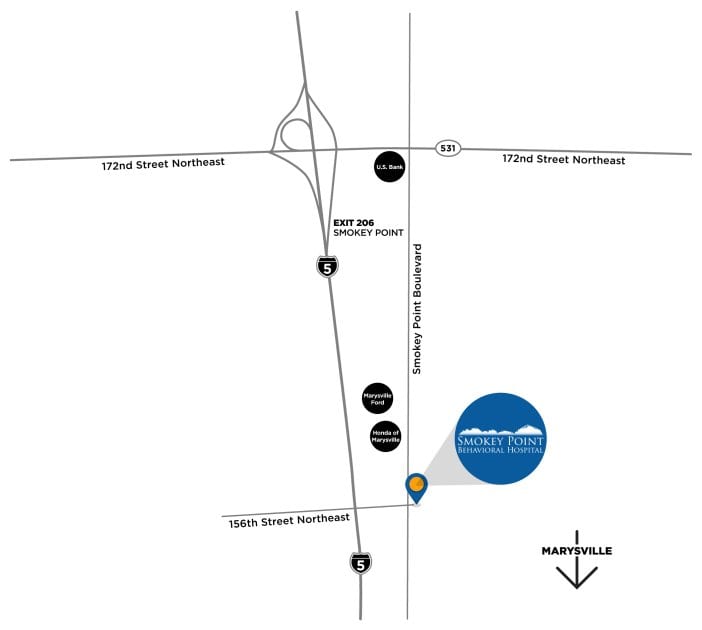4 Ways to Cope with Election Anxiety, Backed by Science
It has been described as one of the most warring, garish and angry presidential elections in history. And it is taking a toll on our mental health. Among feeling anxiety and uncertainty due to the Covid-19 pandemic, more than two-thirds (68%) of U.S adults say the 2020 presidential election has significantly increased their stress – a 16% increase from the 2016 presidential race, according to The Harris Poll, conducted on behalf of the American Psychological Association. The A.P.A. recommends to “read just enough to stay informed.”
If you are feeling overwhelmed by the contentious election, here are some researched-based strategies that the APA says can help to cope with election anxiety.
- Avoid dwelling on things outside of your control. Research has shown that ruminating, excessive overthinking, and repetitive thoughts can impair thinking and problem solving. Instead, distract yourself with meditation. Be aware of how much election talk is dominating conversations with friends and family and change the subject.
- Focus on what you can control. Give yourself permission to take a break from the news and limit your media consumption. Avoid politics altogether if a conversation is likely to escalate to conflict.
- Have a voting plan. Having a plan on how and when you will vote can help ease anxiety, and getting others involved will also promote follow-through.
- Control your media use. If scrolling through social media and news channels elevates your anxiety, allow yourself to take a break. Instead, switch channels to something that takes your mind off from politics, go for a walk, or call a family/friend.
Smokey Point Behavioral Hospital is open 24/7 for immediate assistance – 360-651-6400







